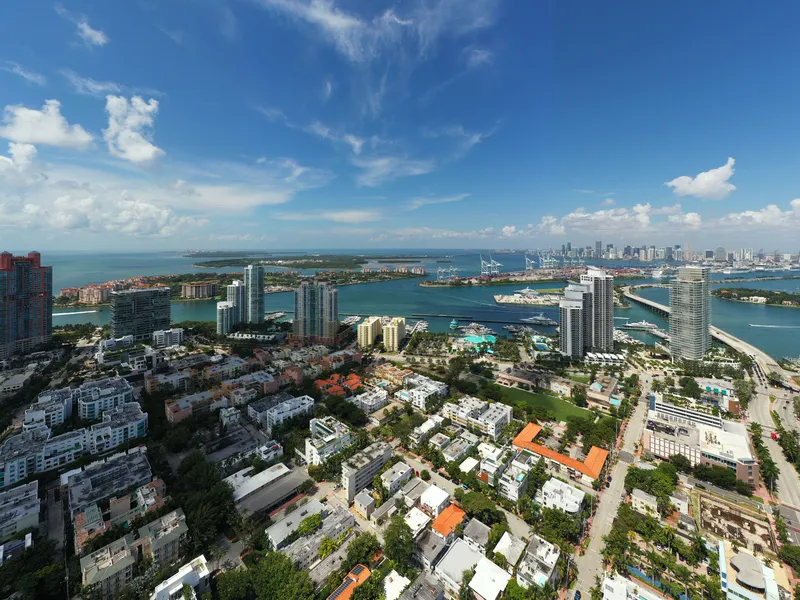
Via has partnered with the Miami-Dade Department of Transportation and Public Works (DTPW) to launch Go Connect, an on-demand public transit service.
Via says the Go Connect app, provided by Miami Dade County, will allow users to book an on-demand ride to connect with transit hubs or to travel to nearby destinations.
Go Connect will roll out in phases within the Dadeland/South Miami area. Users will be able to request trips to and from the Dadeland South, Dadeland North, or South Miami Metrorail stations as well as along the TransitWay, in addition to nearby destinations in the service area.
The service is to shortly expand to additional communities such as the Town of Cutler Bay and the West Kendall area.
DTPW director Alice N. Bravo says: “By thinking outside the box, we are introducing a new on-demand option with near door-to-door rides as an innovative mobility solution for mass transit in Miami-Dade County. This is how we are connecting the dots and continuing to make our County a car-optional community.”
According to Via, the partnership will allow DTPW to utilise real-time data, rider feedback and ride ratings to create a responsive service that meets the changing needs and travel patterns of riders.
Via insists its advanced algorithms will direct passengers to a nearby virtual bus stop within walking distance for pick-up and drop-off, allowing shared trips without lengthy detours.
As part of the deployment, each vehicle has reduced its capacity from six to three passengers to comply with social distancing guidelines issued by Miami-Dade County and the Centers for Disease Control and Prevention.
Additionally, riders and drivers will also be required to wear a face covering while on board.
The service will be available from Monday to Friday between 6:30 am and 7.00 pm. It will be free for an introductory period before increasing to $2.25 for each trip.
It will offer wheelchair-accessible vehicles, and those without a smartphone can book a ride online.









